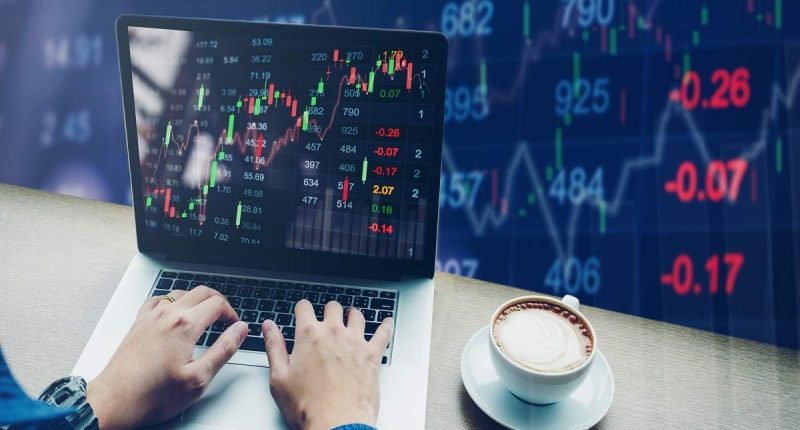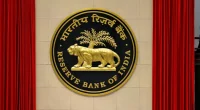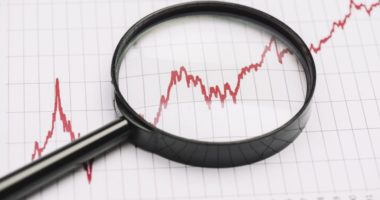Futures trading relates to a form of financial trading where two parties enter into a contract to buy or sell an asset at a predetermined price and date in the future. In this case, the traded assets may include commodities such as oil, gold, silver, etc., or it could involve financial instruments, which comprise stock indices or currency futures.
The return on investment (RoI) in futures trading is likely to vary substantially and is directly dependent on several factors. This could be related to market conditions, trading strategies, risk management, individual trading performance, timing of trades, risk management techniques, as well as trading skills of an individual, etc.
Consequently, it is essential to put in place a trading plan, practice risk management, and evaluate the process regularly while adapting to a strategy depending on equity market conditions.
Here’s the lowdown on a few steps to be initiated to kickstart the journey in futures trading:
Gain knowledge: Essentially, gain a thorough insight into futures markets before taking the plunge. Study how the market works and the factors that tend to have an influence. Try and gain command over the terminologies, trading strategies, and risk management techniques linked with futures trading.
Remain aware of trading goals and risk tolerance: Be sure about objectives for trading futures and also have an understanding of risk appetite. Consider factors such as investment capital, time commitment, and financial goals.
Go for a broker of repute: Choose a brokerage entity that offers futures trading services. Ideally, opt for a broker with a good reputation in the market. Also, be sure to check that the selected broker abides by the mandates of regulatory authorities. An account opening process will be required to be completed with a chosen broker. An individual will be required to share personal information, verify their identity, and deposit funds into the account.
Adopt a suitable trading strategy: Depending on financial goals, risk tolerance, and market analysis, an individual needs to create a trading plan. Take stock of the types of futures contracts one wants to trade, related entry and exit strategies, and the amount of capital one is willing to risk per trade. Ideally, back-test the strategy using historical data or paper trading to check its effectiveness.
Fund the trading account: To ensure the availability of necessary capital for executing a trade, an individual will be required to transfer funds into their trading account. Several brokers tend to offer various funding options, such as bank transfers, credit or debit cards, or electronic payment systems (EPS). Remain updated about any fees or charges levied on depositing or withdrawing funds.
Kickstart trading: After the account is funded, one can start trading futures contracts. Use the trading platform to place buy or sell orders depending on a particular trading strategy. Monitor the markets regularly, analyse price movements, and make informed decisions. Essentially, an individual is required to keep track of their trades, review performance, and continually adapt a strategy as is required from time to time.
Be aware of risk: Implementing risk management techniques to protect capital is necessary. The technique could be setting stop-loss orders to limit potential losses, diversifying trades, besides avoiding excessive leverage. Risk management is necessary to ensure long-term smooth functioning in futures trading.
Stay informed: Remain abreast of market news, economic indicators, and relevant events that could influence the futures markets. Try and remain ahead of the curve by educating and staying informed about changes and developments in the assets that one is trading. It is important to note that futures trading involves considerable risks, including the potential for substantial financial loss. Ideally, start with a small amount of capital and trade with money that one can afford to lose.
As a beginner in futures trading, it is important to seek guidance from financial professionals or experienced traders prior to taking the plunge into futures trading.

Rajiv is an independent editorial consultant for the last decade. Prior to this, he worked as a full-time journalist associated with various prominent print media houses. In his spare time, he loves to paint on canvas.





